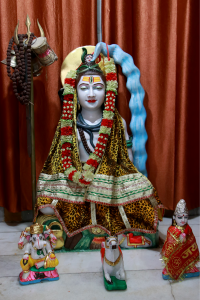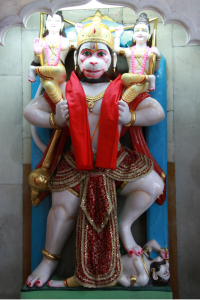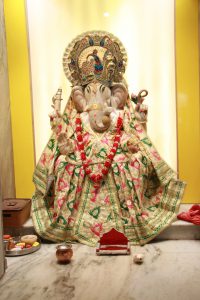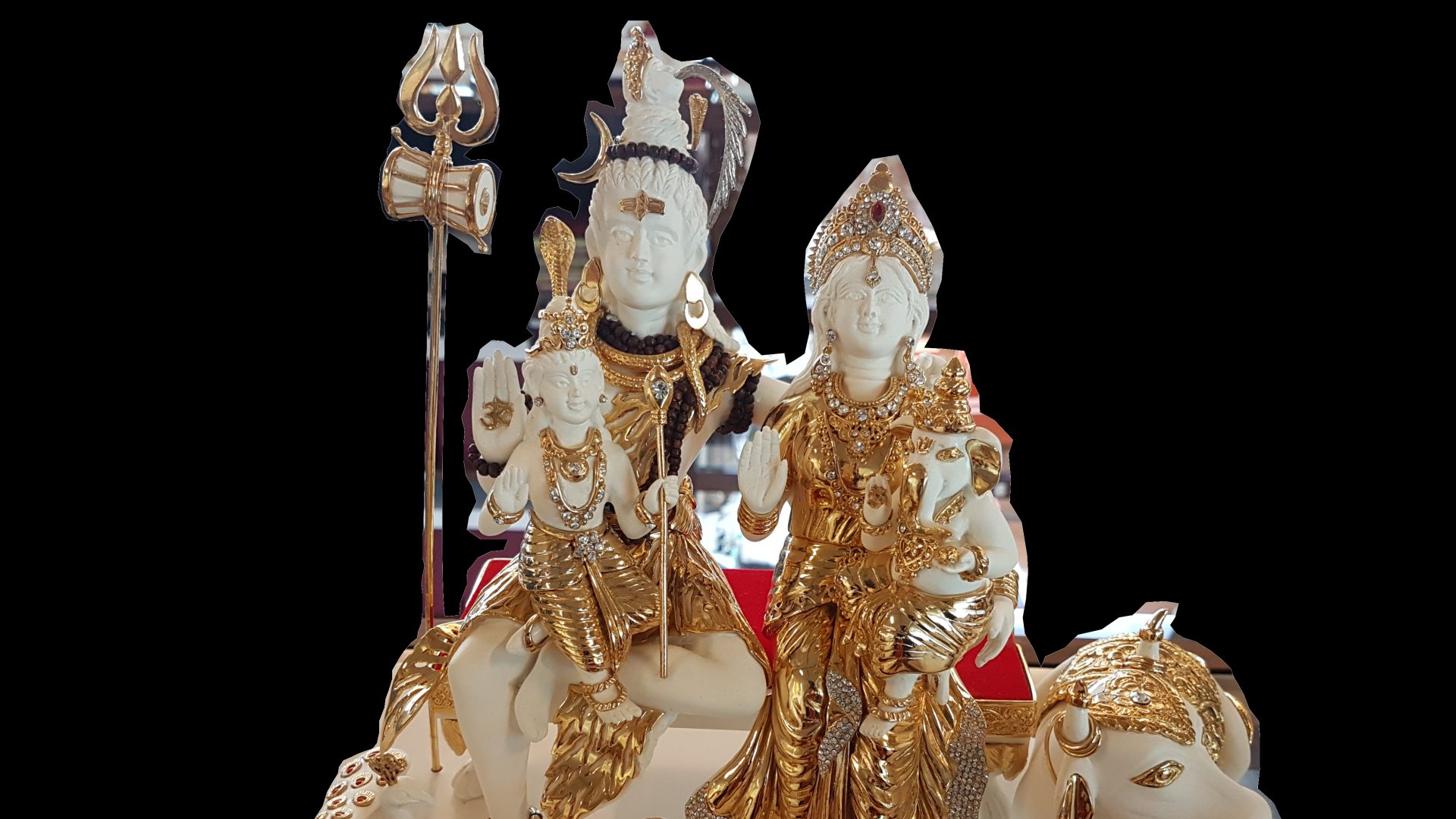
Shiva
Lord Shiva is worshipped by all Hindus throughout the world. He promotes welfare so he is called Shiva. He is called ˜Mahadev, the greatest of all the Gods. He sipped the poison and saved the Gods so he is Mahadev. Bhawani and Shankar are the embodiment of Devotion and faith. The Yogis cannot realize the Brahman seated in their own heart without the blessings of Shiva and Parvati. Lord Shiva is also known as Mrityunjaya. The devotees who worship him get rid of the fear of death. He is the only one who is worshipped by Gods, demons and human beings alike. There are twelve Jyotirlingas, the holy places or worship where people from all over the world go for pilgrimage.

Hanuman
Hanuman is an ardent devotee of Lord Rama and one of the central characters in the various versions of the epic Ramayana found in the Indian subcontinent and Southeast Asia. As one of the Chiranjivi, he is also mentioned in several other texts, such as the Mahabharata, the various Puranas and some Jain, Buddhist, and Sikh texts. Several later texts also present him as an incarnation of Shiva. Hanuman is the son of Anjana and Kesari and is also son of the wind-god Vayu, who according to several stories, played a role in his birth.
His theological origins in Hinduism are unclear. Alternate theories include him having ancient roots, being a non-Aryan deity who was Sanskritized by the Vedic Aryans, or that he is a fusion deity who emerged in literary works from folk Yaksha protector deities and theological symbolism.

